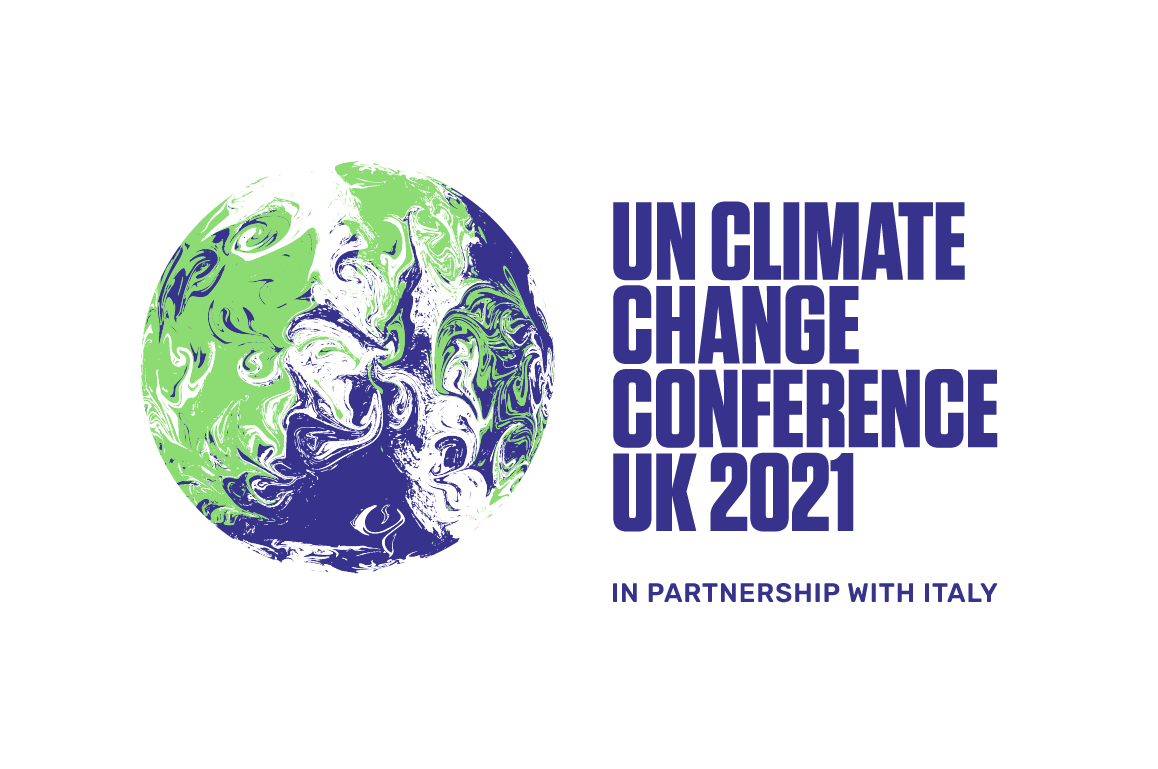Which topics do engineers hope will be addressed at the conference?

COP26, the 26th UN Conference of Parties (COP) climate summit, to be held in Glasgow this November, aims to set out how this group of nations will cut harmful emissions from the atmosphere to prevent a global climate catastrophe. Most world leaders present at COP26 will hope to make multilateral agreements on implementation and funding to curb irreversible climate change.
Clear national policies that coincide with a global approach are needed to decide a strategy that engineers can work with, because it is engineers who will put it into practice. Engineers are at the forefront of the worldwide effort to limit harmful emissions from the atmosphere and meet net zero targets. They are paying close attention to discussions at COP26 and what those decisions could mean in the near to medium future.
At the Society, our Environmental professional sector is directly invested in the outcomes of COP26, but so too are our other sectors: road transport, plant engineering, engineer surveyors and operations engineering – each of which impact and are impacted by climate legislation and regulations.
Part of the UK’s net zero strategy involves transitioning from burning fossil fuels to using green non-carbon-based sustainable energy: a major obstacle in reducing levels of atmospheric CO2. Members are no doubt aware of the financial impact of nations that are reliant on exporting fossil fuels, as well as those nations that are currently reliant on the use of fossil fuels to address their energy requirements. As mentioned, some of the nations most invested in fossil fuels will not be present at COP26.
The concerns of countries that are highly dependent on fossil fuels are understandable and to reduce predicted increases of CO2 based on future fossil fuel usage, COP26 delegates are being urged to explore the possibilities around industrial large scale carbon capture and sequestration technologies. It would be encouraging to see talks about the viability of these emerging technologies and how they can be used to the greatest effect at COP26.
Nations reliant on consuming fossil fuel energies could look to incorporate the overheads of carbon capture and sequestration technologies into their future energy plan. In theory, if one generates energy by burning fossil fuels (oil, coal or gas), then any CO2 generated must be captured, used or sequestered.
There are also concerns in the current promotion of the use of biomass and biofuels to achieve net zero, as burning these fuels generates CO2. It could be argued that planting crops and trees to absorb and convert CO2 is admirable, but this takes a considerable amount of time. Rather than being burnt, any resulting natural products could be utilised in long term applications that fix the release of carbon atoms into the atmosphere.
It will be interesting to see whether all parties, as producers or consumers of CO2 generating energy processes – both fossil and bio – will be willing to commit to the technological development and incorporation of heavy industrial carbon capture and sequestration technologies, in order to achieve acceptable levels of CO2 by mid-century.

